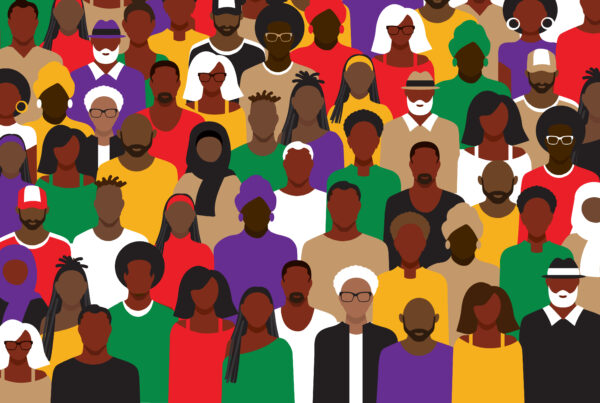If you’ve been following the media at all the past month, you’ve probably heard about Demi Lovato and her openness about her struggles with depression, as she launched the Be Vocal campaign. It’s an important reminder about the power of sharing personal stories. My years of experience helping others deal with their mental health challenges has confirmed for me that sharing our stories is an important part of getting better.
1. Telling your story draws us together. Whether you are struggling with depression, anxiety, stress, divorce, or another issue, telling your story can help connect you with others who are experiencing the same thing. Just hearing someone else say, “Me too,” can break down feelings of isolation and loneliness. Having one other person, or even a whole community who believes you, understands you and can serve as a support system can be extremely empowering. When you share your story with trusted others, you create a small world around you of openness that could potentially become contagious, spreading in a way that makes all of us grow closer in more authentic relationships.
2. You become an advocate. You don’t need to have a fancy degree, years of experience or other qualifications to be a mental health advocate. By telling your story, you become a supporter and source of encouragement for all those who are going through the same thing and are not yet ready to reach out. In addition to your becoming an advocate, you in turn become eligible for the encouragement they can provide.
3. When you share your story with trusted others, you grow closer to them, having taken a risk. Think of it as a sort of a behavioral experiment in which you hopefully learn that they care and honor that trust. Can you think of a time when you shared something with a friend or family member and ultimately ended up feeling closer to them because of how they responded to you taking a risk and sharing?
4. One of the “tasks” in cognitive behavioral therapy is “facing your fears.” When you share your story with trusted others, you face your fears in a very direct way, often experiencing the fear of rejection or ridicule. Facing those fears is an important part of getting past your anxiety and urge to avoid. Through that process, you may also discover that others have helpful and useful ideas for you as you continue to share your story with others.
It may sound like one of the scariest things you could do, but maybe it’s worth a try. Sharing your story may end up being one of the most important things you could do for yourself. You may end up with a new (or closer) group of supporters, and the satisfaction of facing your fears, taking a risk and coming out of the other side can be exhilarating.




